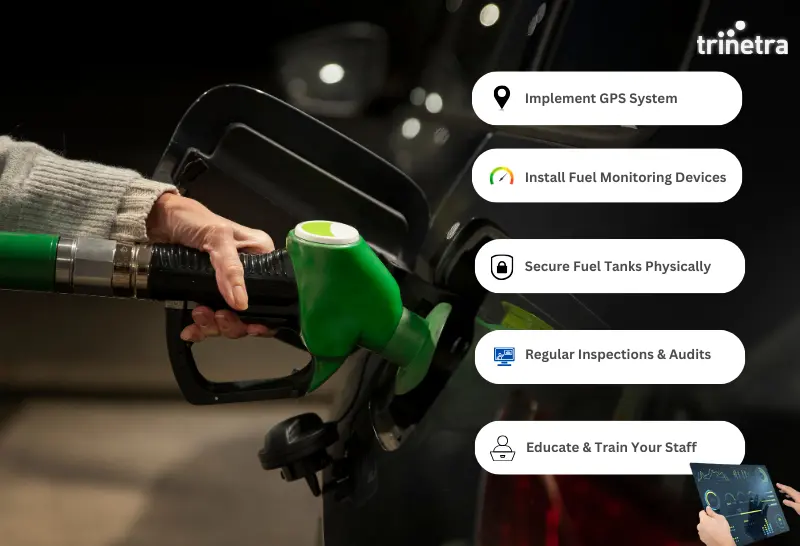As logistics and fleet operations grow increasingly complex, implementing a truck tracking system offers essential advantages that streamline operations, enhance safety and optimize productivity.
Here are seven key benefits:
Real-Time Location Tracking:
A truck tracking system enables real-time GPS tracking, allowing fleet managers to monitor truck locations, routes, and estimated arrival times. This ensures transparency and allows quick responses to route deviations or delays.
Enhanced Driver Safety:
With GPS tracking and monitoring tools, managers can track driver behavior, including speed and idle times, ensuring that drivers follow safe driving practices. This helps reduce accidents, protecting both drivers and assets.
Improved Route Optimization:
Truck tracking systems analyze traffic data, weather conditions, and road restrictions to provide optimized routes, reducing fuel consumption and travel time. As a result, delivery times are accelerated and costs are reduced.
Reduced Fuel Consumption:
By tracking fuel usage, idling, and inefficient routes, a truck tracking system helps reduce unnecessary fuel consumption, contributing to significant cost savings and a smaller carbon footprint.
Maintenance Management:
Fleet managers can receive maintenance alerts based on mileage or engine hours, preventing costly breakdowns and keeping trucks in top condition. This proactive approach extends vehicle lifespan and ensures reliability.
Increased Operational Efficiency:
With real-time data and automated reporting, a truck tracking system reduces administrative work, helping teams make data-driven decisions that streamline operations and improve productivity.
Better Customer Satisfaction:
Accurate delivery time estimates and reliable service improve customer satisfaction, as clients benefit from timely deliveries and can track shipments in real-time.
Implementing a truck tracking system is an investment that provides comprehensive control and visibility, ultimately driving growth and customer trust.






